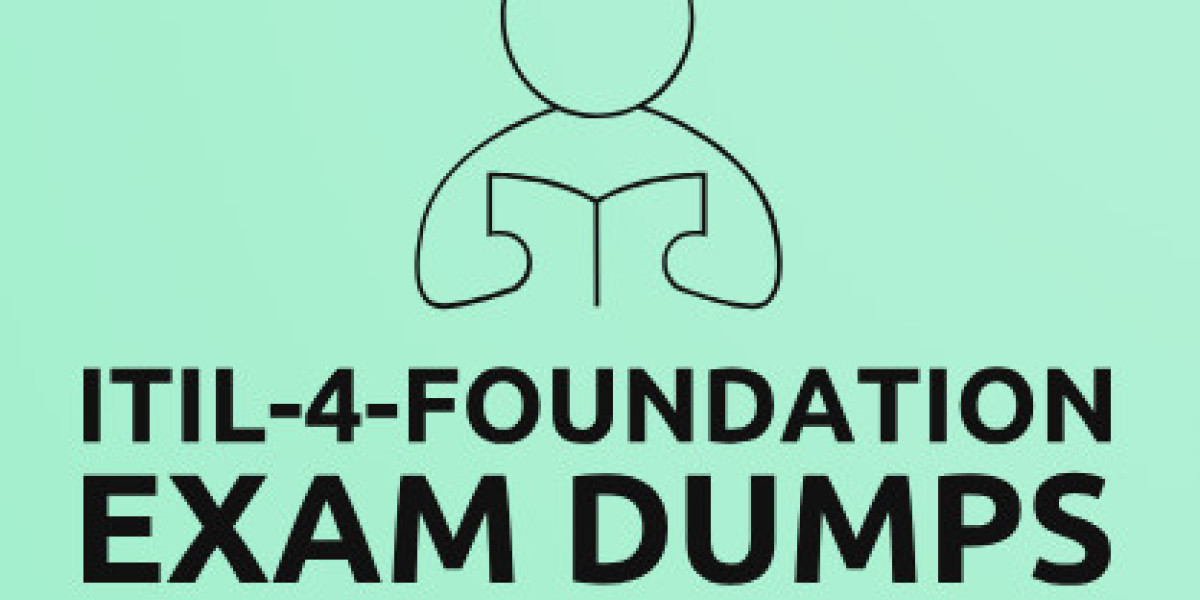Gender-specific addiction treatment programs can help men break down barriers to recovery. These programs may include male-specific therapies like group therapy or Cognitive Behavioral Therapy. These programs can teach men to express their emotions and develop healthy coping mechanisms in a safe environment.
Men may also benefit from gender-specific rehab that teaches them effective communication skills. This type of programming can help them overcome societal expectations of masculinity and the belief that asking for help is a sign of weakness.
Men are less likely to seek help
Men experience mental health issues differently than women, and one-size-fits-all treatment options can be ineffective. They also experience different pharmacological effects from drugs and alcohol, as well as a range of other factors that can contribute to addiction.
Men may feel less inclined to seek help because of societal expectations and stereotypes. These expectations include a desire to be strong and self-reliant, and the idea that any expression of vulnerability is weak. In addition, masculine social rites of passage may encourage the use of drugs and alcohol.
Men also face a range of economic and family problems that can make it harder to get help. They are more likely to be unemployed, and they may have strained relationships with their families. Additionally, they may struggle with feelings of shame or hopelessness. Gender-specific treatments that address these issues can improve outcomes for men battling addiction. For example, male-only groups can offer a safe space to discuss these issues.
They are more likely to self-medicate
Men often feel pressured to suppress their emotions and avoid showing any signs of weakness, which can lead them to self-medicate. They may turn to drugs and alcohol to cope with their feelings, or they may attempt to control their emotions by acting out. The inability to express their emotions can cause serious problems, including depression and high levels of stress. They may also develop sex-specific medical issues, such as liver problems and hypertension.
While men and women can both have drug addictions, they experience them differently. Treatment programs that are gender-specific can help address the unique challenges faced by each group.
For example, in all-male settings, men can discuss their addiction without the fear of being judged by peers. This can be a vital step in their recovery process, as they can identify the foundational beliefs that influence their addictions and find healthier ways to deal with their emotions. They can also learn to communicate their emotions in a safe environment through a variety of treatments, such as group therapy and Cognitive Behavioral Therapy.
They are more likely to have a history of abuse
Men are more likely to consume dangerous substances such as alcohol and illicit drugs because of their desire to prove masculinity. They are also more likely to self-medicate their mental health issues with these substances, which leads them to a greater risk of emergency room visits and death by overdose.
Men may not be able to identify their emotions, which makes it difficult for them to seek help. In addition, societal pressures to be strong and independent can make it uncomfortable for them to express their feelings. Therefore, they may avoid a substance abuse treatment program altogether.
Men are more likely to have a history of abuse, including emotional and physical abuse. These issues often co-occur with addiction and can be hard to treat with a one-size-fits-all approach. Gender-specific treatment programs can help address these challenges and increase a man’s chances of success in recovery. These programs may include programming for effective communication training, sexual identity and PTSD.
They are more likely to die from an overdose
Men have a higher risk of dying from an overdose than women. This is due to their lower tolerance for pain, a tendency to use more illicit substances, and a desire to prove masculinity. Men are also less likely to seek treatment for their addiction because of the stigma and fears associated with admitting that they have a problem.
Men who struggle with drug and alcohol abuse may experience financial difficulties, strained relationships with friends and family, and legal problems. Often, these issues lead to substance misuse and can interfere with recovery efforts.
Addiction treatment programs that provide services for men can improve a man’s chances of recovery by providing support and services that address gender-specific needs. For example, male-only groups can help men open up about sensitive topics, like physical and sexual abuse, and develop more healthy ways to express themselves. Men-focused programs should also include programming that addresses effective communication training and PTSD.

